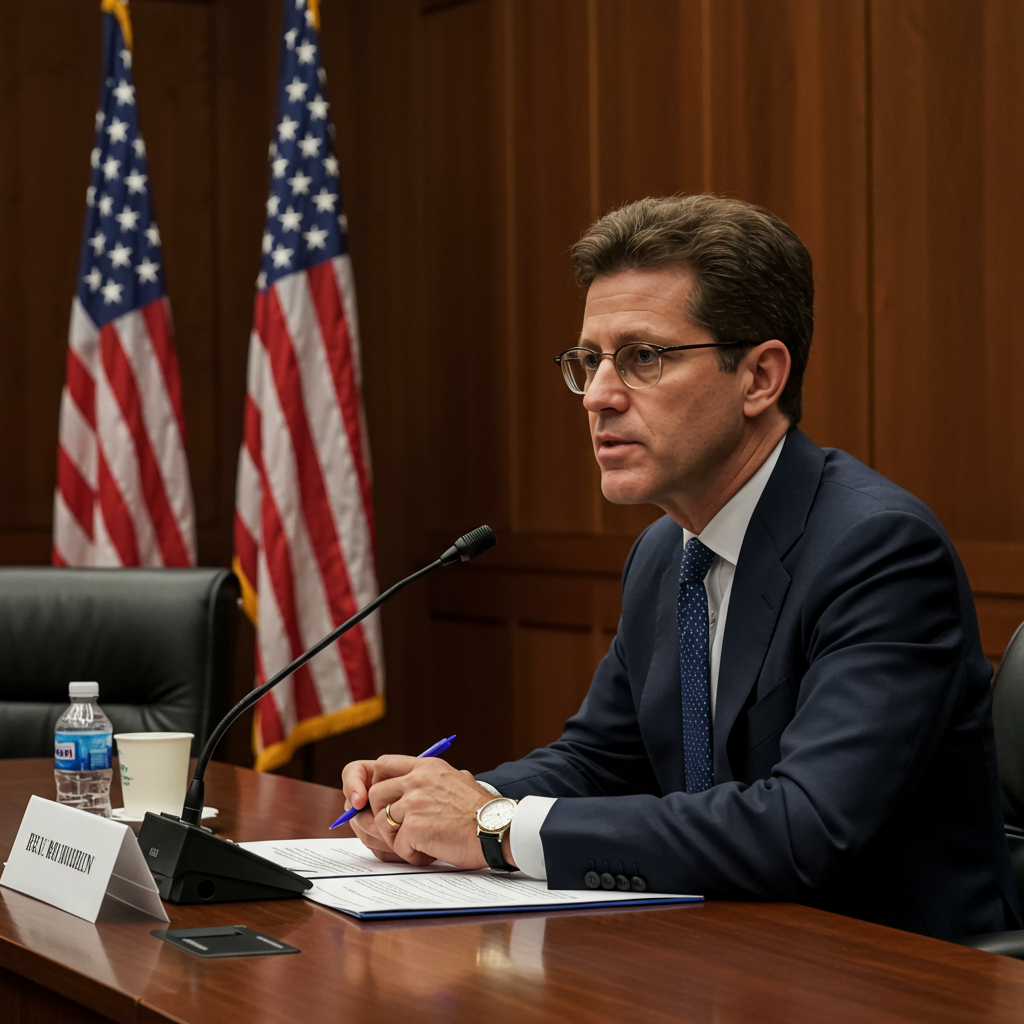Controversial Vote Signals Major Shift in Vaccine Policy Under RFK Jr.’s Leadership
A key federal vaccine advisory panel, recently reconstituted under Health and Human Services Secretary Robert F. Kennedy Jr., has recommended removing the thimerosal preservative from all flu vaccines. The vote, which occurred during a meeting in late June 2025, marks one of the first significant potential changes to federal vaccine guidance as Kennedy seeks to reshape immunization policy.
The Advisory Committee on Immunization Practices (ACIP) panel voted 5-1 to recommend that no children, pregnant women, or adults receive flu vaccines containing thimerosal. If adopted by the Centers for Disease Control and Prevention (CDC), this recommendation would effectively phase out multi-dose flu vaccine vials containing the preservative, though the vast majority of flu shots in the U.S. are already thimerosal-free (estimated at 96% for the 2024-25 season).
Thimerosal, an ethylmercury-based preservative used in multi-dose vials since the 1930s to prevent bacterial and fungal contamination, has long been a central target for anti-vaccine activists, including Secretary Kennedy. While it was largely removed from routine U.S. childhood vaccines in 2001 as a precautionary measure, not due to safety concerns, its presence in some multi-dose formulations has remained a point of contention for these groups.
Debate Fueled by Presentation from Activist
The decision followed a presentation by Lyn Redwood, identified as a former president of the Kennedy-founded anti-vaccine group Children’s Health Defense. Redwood, who reportedly has been hired to work in the CDC’s vaccine safety office, argued that thimerosal should be removed due to safety concerns, claiming it can raise blood mercury levels and potentially contribute to neurodevelopmental issues and brain inflammation.
This presentation and the subsequent vote drew immediate criticism from many in the public health and medical communities. Experts highlighted that Redwood’s claims diverge sharply from extensive scientific evidence compiled over two decades confirming the safety of thimerosal in vaccines at the levels used, showing no link to autism or other neurological problems.
Further fueling controversy, a CDC background document for the ACIP members that summarized studies finding “no association between prenatal exposure to thimerosal-containing vaccinations and autism spectrum disorder in children” was removed from the agency’s website shortly before or during the meeting. An ACIP member indicated the document’s removal was not authorized by CDC staff but rather by the office of the secretary, raising concerns about transparency and the suppression of established scientific findings.
Dissenting Views and Expert Criticism
Dr. Cody Meissner was the sole ACIP member to vote against the thimerosal recommendation. He strongly argued that the risk posed by influenza is far greater than any known risk from thimerosal, stating that the preservative has been used safely for decades and no study has ever indicated harm. Meissner also voiced concern that discouraging the use of multi-dose vials could potentially reduce access to flu vaccines, particularly in settings like large vaccination clinics or in other countries where they are more common or cost-effective. He also clarified that thimerosal metabolizes into ethylmercury, which is rapidly excreted, unlike the highly toxic methylmercury found in certain fish.
External medical organizations and experts also voiced strong disapproval. Liaisons from major groups like the American Academy of Pediatrics (AAP) and the American College of Physicians (ACP) criticized Redwood’s presentation as “highly biased,” based on “cherry-picked data and junk science,” and a departure from the committee’s traditional reliance on rigorous, peer-reviewed scientific evidence. The AAP notably chose not to participate in the meeting, citing a shift away from a science-based focus. Critics, including former ACIP members, suggested the thimerosal discussion appeared aimed at advancing an agenda to make vaccines less accessible and more feared, deliberately undermining public trust in established vaccine safety science.
Implications and Other ACIP Decisions
Since the CDC currently lacks a confirmed director, Health Secretary Kennedy will likely be the one to endorse the ACIP’s recommendations, potentially solidifying this controversial policy shift. This meeting, the first for the newly appointed panel, faced criticism regarding transparency, with questions raised about the credentials of presenters and restrictions placed on press interactions.
In addition to the thimerosal vote, the panel made other key decisions:
RSV Prevention: The committee voted to recommend clesrovimab, a new monoclonal antibody injection, for infants under 8 months during their first RSV season. This drug aims to prevent severe lower respiratory disease caused by Respiratory Syncytial Virus, a major threat to young children.
Flu Vaccine Reaffirmation: The panel also reaffirmed the existing recommendation for annual flu shots for individuals aged 6 months and older.
- Future Discussions: The ACIP may consider at a future meeting a proposal to advise against giving the combination measles, mumps, rubella, and varicella (MMRV) shot to children under four years old. This discussion stems from a previous ACIP update in 2009 recommending separate MMR and varicella shots for younger children due to a slightly increased risk of febrile seizures with the combination dose, despite these seizures generally being harmless.
- www.nbcnews.com
- www.usatoday.com
- www.theguardian.com
The outcomes of this ACIP meeting highlight the significant changes underway in federal vaccine guidance under Secretary Kennedy and underscore the ongoing tension between established public health science and the influence of vaccine skepticism on policy.




